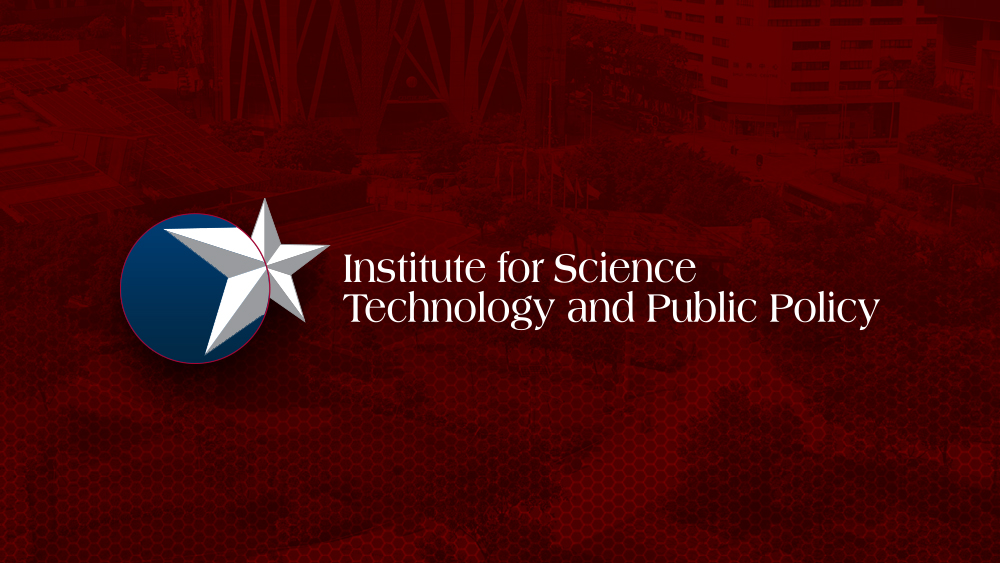
Using data collected under two different Institute studies, ISTPP researchers and fellows presented their findings at three major conferences this past spring term.
At the first of these conferences, the 86th annual meeting of the Southern Political Science Association held in New Orleans, Louisiana, January 15–17, 2015, Tabitha Morton presented, “Who’s in Charge? An Examination of Public Opinion on Climate Change Policy Management and Willingness to Pay.” In this paper, Morton and co-author Arnold Vedlitz examine whether people’s opinions of who is responsible for managing policy affect their willingness to pay for such policies. And if they do, how might willingness to pay be affected? This important relationship merits study because cost is one of the primary factors discussed in the U.S. climate change debate. Costs may be viewed differently across jurisdictions and the type of policy response, broadly categorized as mitigation and adaptation policies. In this study, data from the Institute’s National Climate Change Survey completed in 2013 are used to analyze how the publics’ opinions of who should be responsible for climate change policy (federal, state, local, or private sector) affect their willingness to pay for mitigation and adaption policies while controlling for other social, economic, and political factors.
James Stoutenborough presented “Public Opinion, Climate Change, and Extreme Weather Events: Does the Public Believe Climate Science Predictions?” at the 73rd annual meeting of the Midwest Political Science Association held in Chicago, Illinois, April 16–19, 2015. In this research, Stoutenborough, Kellee Kirkpatrick, and Arnold Vedlitz use the results of ISTPP’s 2013 National Climate Change Survey to determine whether the public believes that climate change has increased the frequency of five extreme weather events —flooding, drought, hurricanes, heat waves, and tornadoes. They also analyze the role recent personnel experience with such events may play in their beliefs about the causal connection between extreme weather events and climate change. Other potential explanatory variables, including standard socio-demographic variables, are included in the analytical models. The results indicate that the majority of respondents think that climate change is increasing the frequency of extreme weather events. Additional preliminary analyses suggest that personal experience, knowledge, risk perception, and a number of environmental attitudes may drive these beliefs.
Using data from the NOAA-funded study, Utilization of Science-based Information on Climate Change in Decision Making and the Public Policy Process, Phase II, Xinsheng Liu presented an evaluation of congressional testimonies concerning global warming and climate change (GWCC) to ascertain whether the views and positions that the scientists presented were substantially divided. Analyzing the content of 1,350 congressional testimonies from relevant hearings from 1969 to 2007, the researchers find that regardless of whether Republicans or Democrats controlled Congress, the super majority of expert witnesses indicated that GWCC is real, at least caused partially by human activity, and policies to combat it should be adopted. Therefore, Congress has heard the scientific consensus on this issue. Neither divided science nor an information deficit can adequately explain the lack of congressional action to address GWCC. Thus, new research should explore how business interests, partisan predispositions, and political ideology are shaping policymakers views on GWCC. This paper, “Scientists’ Views and Stands on Global Warming and Climate Change: A Content Analysis of Congressional Testimonies,” was presented at the Seventh International Conference on Climate Change: Impacts and Responses and the Climate Change, held in Vancouver, British Columbia, April 10–11, 2015. Dr. Liu’s co-authors are Arnold Vedlitz, James W. Stoutenborough, and Scott Robinson.

